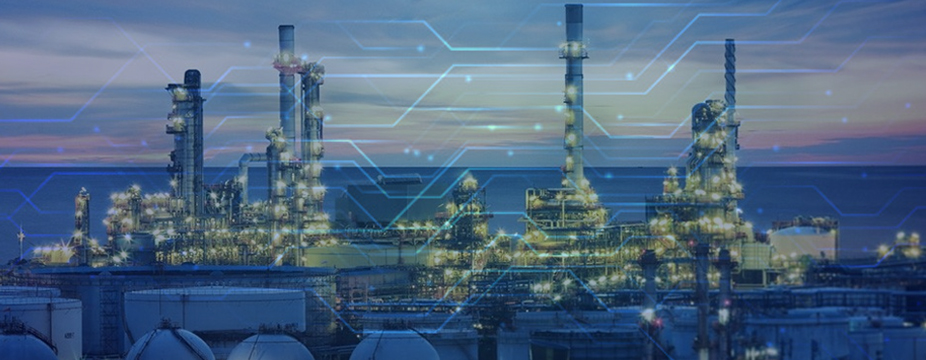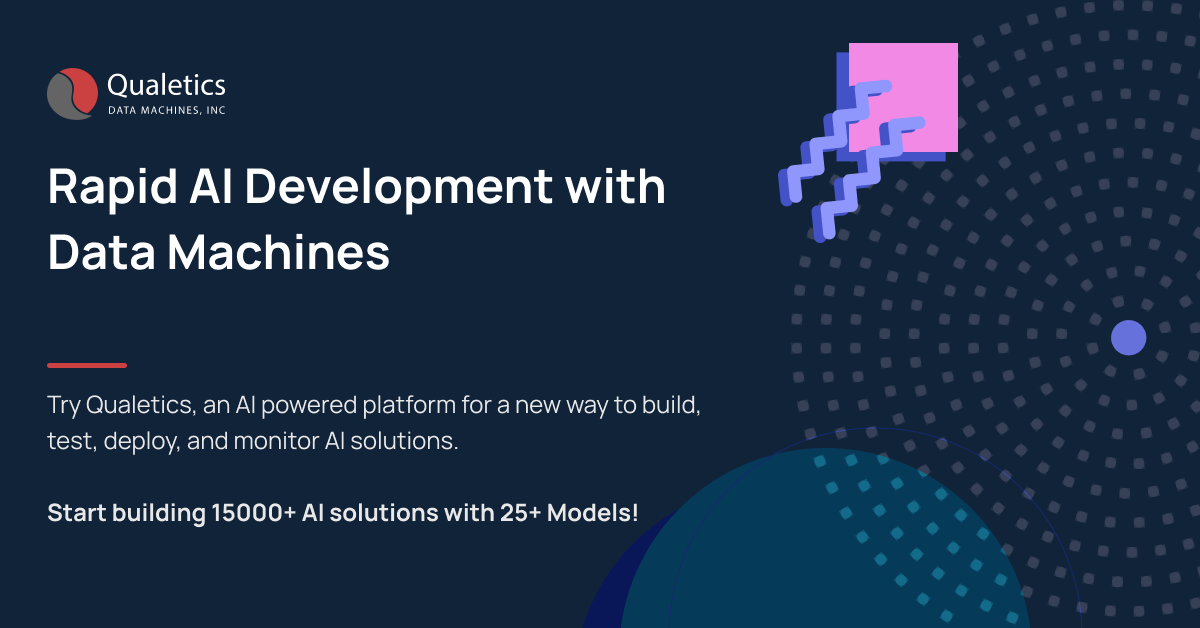Artificial Intelligence in Oil and Gas: Applications, Impact & Benefits
The potential of Artificial Intelligence is already being discovered by many industries, including the Oil and Gas, which is investing majorly in Artificial Intelligence and other data technologies with a goal to secure their future competitiveness in a fast-changing environment.
Oil is one of the most precious commodities in the energy sector. With the rise in the oil prices and depleting crude oil levels globally, organizations involved in the oil and gas industry are now turning towards modern technologies, specifically Artificial Intelligence, to maximize and optimize their efficiency and revenues.
Artificial Intelligence can impact the Oil & Gas industry in 5 ways:
- Enhancing the operational efficiency
- Reduced costs
- Predictive data intelligence
- Better safety measures
- Finding new resources
Applications of Artificial Intelligence in Oil and Gas
-
Drilling
Companies involved in the oil and gas industry leverage AI to drill and mine raw hydrocarbons and other products required to produce fuel. AI helps these companies by developing algorithms that provide accurate and precise intelligence to guide drills on water and land. Precision drilling helps in reducing the risk of accidents, oil spills, fires, and enhances the rate of penetration.
-
Production
AI helps the oil and gas companies in optimizing their production by identifying the areas of inefficiency. AI systems can be trained on large volumes of raw production data that enable the automatic recognition of patterns and refining the data to generate analytics.
-
Reservoir Management
Oil reservoir management involves several technicalities like seismic interpretations, geology, management of reservoir, production, etc. for which the degree of optimization and maintenance is very high. AI systems can be trained on the data of these technicalities and help in field surveillance, reducing the reservoir maintenance costs, reservoir engineering, etc.
-
Chatbots
Customer support and customer engagement are crucial for any business. AI-powered chatbots help oil and gas companies to interact with their customers in providing information about the products, resolving their queries, recommendations, etc. Chatbots can conduct surveys on their websites to collect customer feedback and further enhance the customer experience.
-
Monitoring
Monitoring of gas stations, oil fields, plants, mines, and equipment will ensure the safety of employees and the environment as a whole. Accidents can be monitored from AI-powered cameras, robots, drones, etc to reduce the extent of potential damage. Frequent inspection of equipment and risk assessment will help companies in taking predictive measures to avoid unforeseen circumstances.
-
Automation
Automation of tasks helps in saving of time, labor, and costs. The oil and gas industry is a highly labor-intensive industry and the employees work in highly uncertain conditions. AI and machine learning help in automating almost all the routine tasks while identifying the best practices, thereby safeguarding the lives of employees, apart from reducing human errors and increase efficiency.
Technologies
Implementation of AI technologies in the oil and gas sector will improve the efficiency of various operations and enable informed decisions. Let us see a few technologies that are being leveraged by this industry in automating and optimizing the operations while maximizing the revenues.
Big Data Analytics – Big Data Analytics along with AI can develop estimation and prediction models that help in capturing and analyzing the dynamics of the production procedure. Predictive analytics and big data help in optimizing the mid-stream, up-stream, and downstream operations.
IoT – The IoT field devices like sensors, cameras, drones, etc collect data on seismic activities, temperature, pressure, etc in real-time and provide predictive intelligence that maximizes efficiency and ensures safety. AI-powered IoT devices help in monitoring the offshore oil and gas rigs, refineries, pipelines, wells, supply chains, etc.
Machine Learning – AI and machine learning help optimize the design of oil wells, troubleshoot the underperforming wells, drilling, enhance reservoir modeling, predictive and preventive maintenance, finding shale resources, etc
NLP – NLP with Artificial Intelligence helps automate and aggregate news and information. NLP, machine learning, and computer vision can potentially improve their oil recovery rate for drilling and exploration data. Apart from these, NLP techniques help in providing first-line IT support through chatbots and virtual assistants.
The coming together of technologies like big data, IoT, machine learning, and AI will significantly impact the industry helping it in developing advanced applications for infrastructure maintenance & management, identifying new oil wells and driving worker safety.
Do you want to empower your company’s processes with AI and other data technologies? Qualetics can help you do it quickly, easily, and at significantly lower financial resources. Qualetics will take care of your data needs allowing you to focus on your core business. Book a demo here to know how Qualetics can help your Oil & Gas business.


